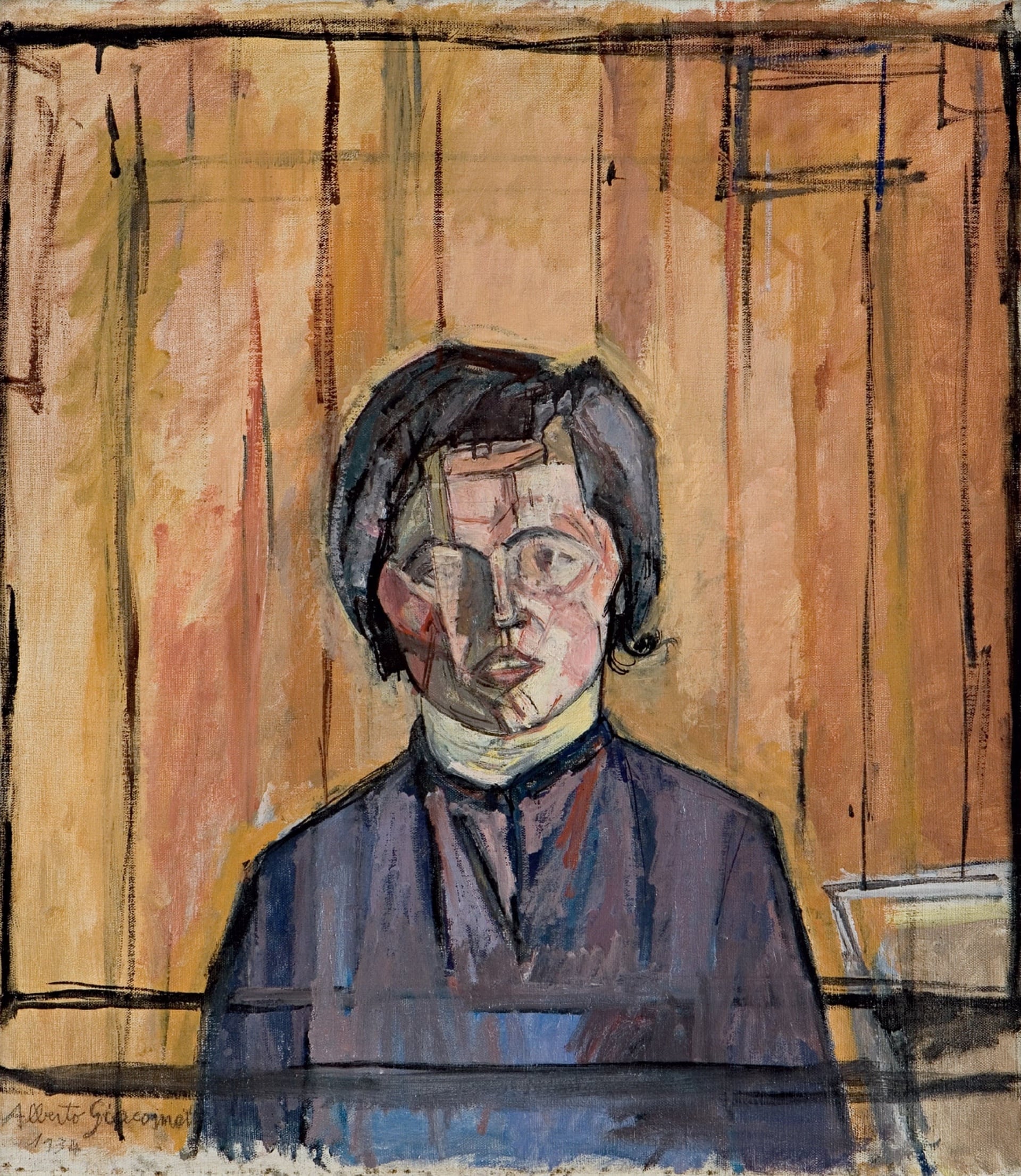Director: Roberto Rossellini
Cast: Ingrid Bergman, Mario Vitale, Renzo Cesana
Italy, 81’, 1950, black & white
Italian with Turkish subtitles
The first collaboration between Roberto Rossellini and Ingrid Bergman is a devastating portrait of a woman’s existential crisis, set against the beautiful and forbidding backdrop of a volcanic island. After World War II, a Lithuanian refugee (Bergman) marries a simple Italian fisherman (Mario Vitale) she meets in a prisoner of war camp and accompanies him back to his isolated village on an island off the coast of Sicily. Cut off from the world, she finds herself crumbling emotionally, but she is destined for a dramatic epiphany. Balancing the director’s trademark neorealism—exemplified here in a remarkable depiction of the fishermen’s lives and work—with deeply felt melodrama, Stromboli is a revelation.
Trailer

The second part of exhibition illustrates Alberto Giacometti’s relations with Post-Cubist artists and the Surrealist movement between 1922 and 1935, one of the important sculptures series he created during his first years in Paris, and the critical role he played in the art scene of the period.
Tuesday - Saturday 10:00 - 19:00
Friday 10:00 - 22:00
Sunday 12:00 - 18:00
The museum is closed on Mondays.
On Wednesdays, the students can
visit the museum free of admission.
Full ticket: 300 TL
Discounted: 150 TL
Groups: 200 TL (minimum 10 people)